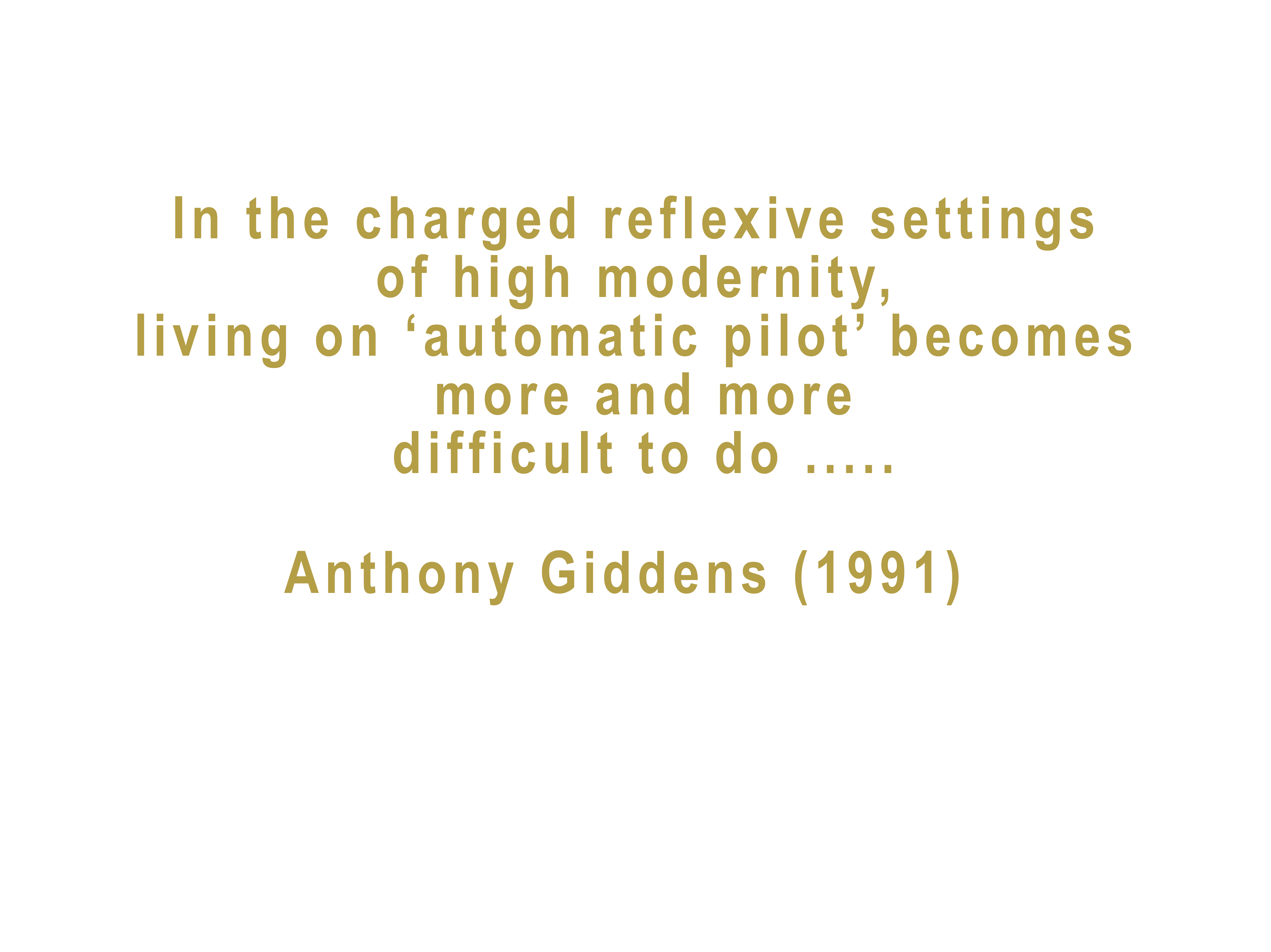Reflexivity is defined as ‘the regular exercise of the mental ability, shared by all normal people, to consider themselves in relation to their (social) contexts and vice versa” (Archer, 2012: 1). At this point, it is important to distinguish reflexivity from reflection. The former is associated with ‘looking through the mirror’ as opposed to the latter, which is merely studying its reflection. In particular, as Archer continues, there is an increasing imperative for reflexivity in which a new alignment between cultural (ideationally based) and structural (material) order is shaping new situational contexts. Leaders are at the heart of this and will have to confront these challenges in a novel manner”.
Reflection & Reflexivity
Reflexivity is gaining in popularity, particularly as leaders are facing more and more uncertainty in their role. Professional discretion and ethical practice are becoming increasingly important as leaders face change and uncertainty, with a greater focus on the public interest rather than the institutional perspective. Risk assessment is important but the skill in both reflection and reflexivity is just as important in a leaders repertoire.
There are clear benefits to the application of reflec-tive and reflexive activity. Having a greater sense of self-awareness will improve an individual leaders problem-solving ability and the questioning of traditional assumptions cocncerning social problems will enrich decision-making and support ethical practice.


